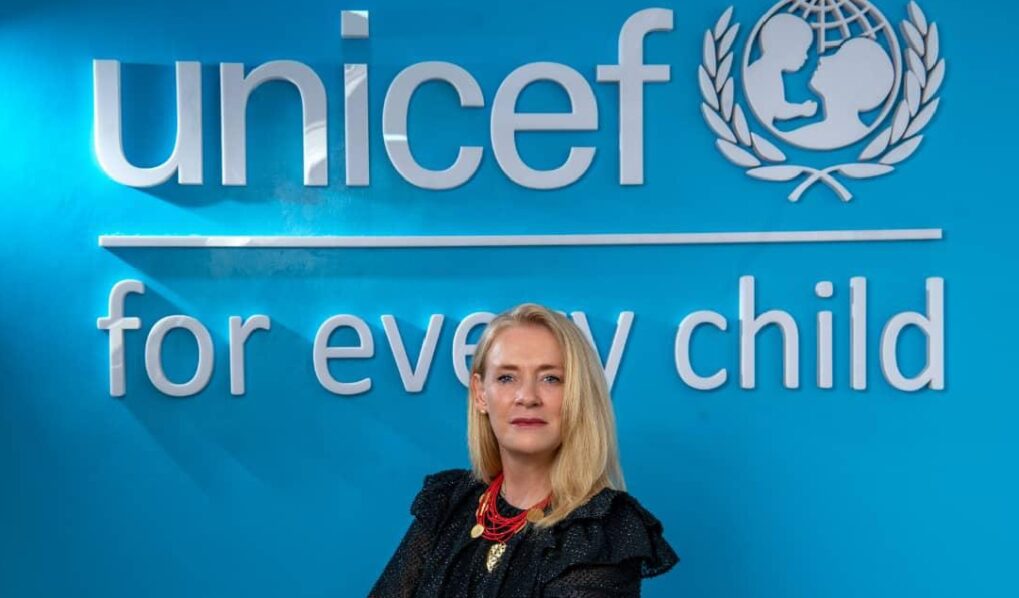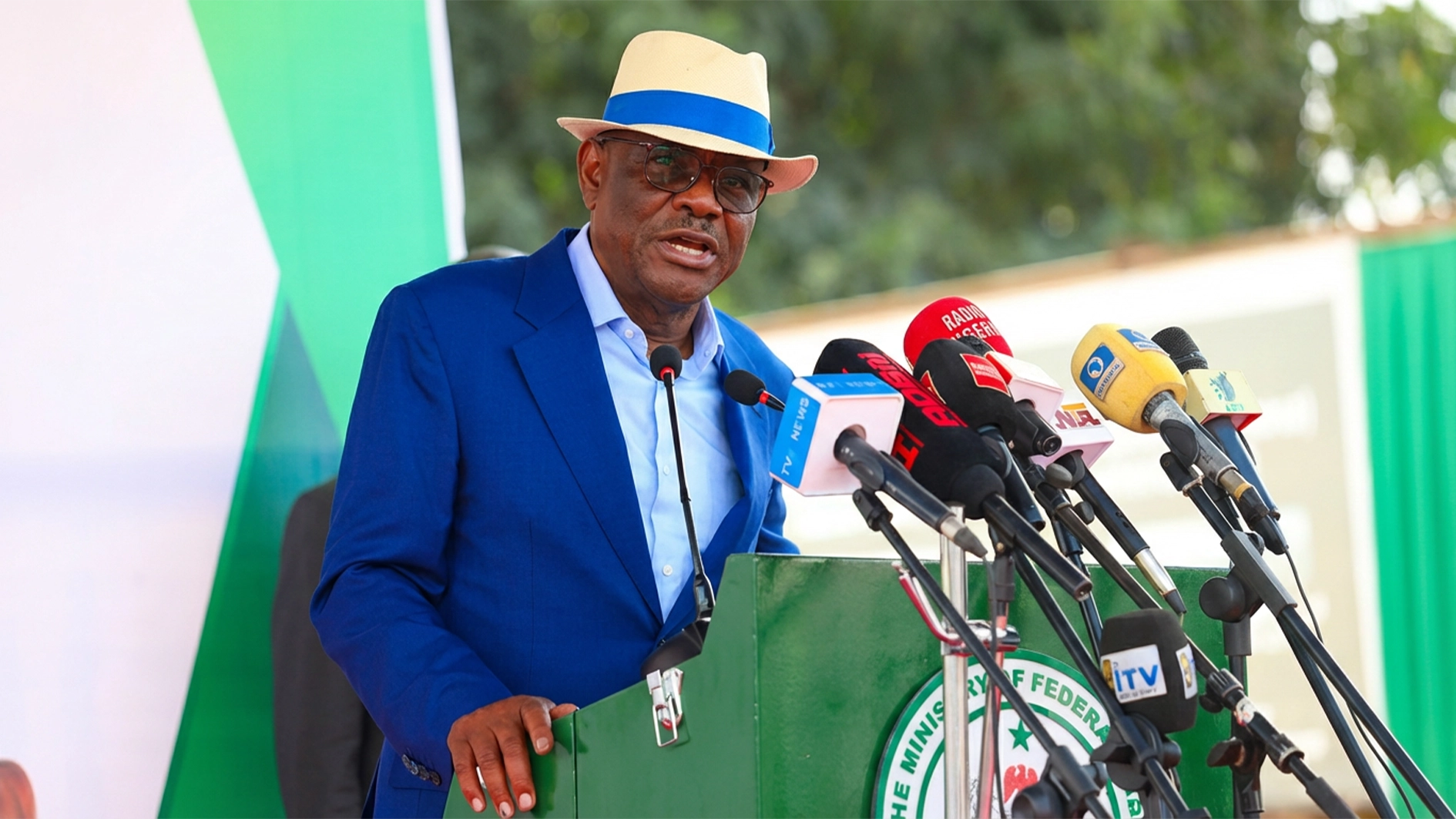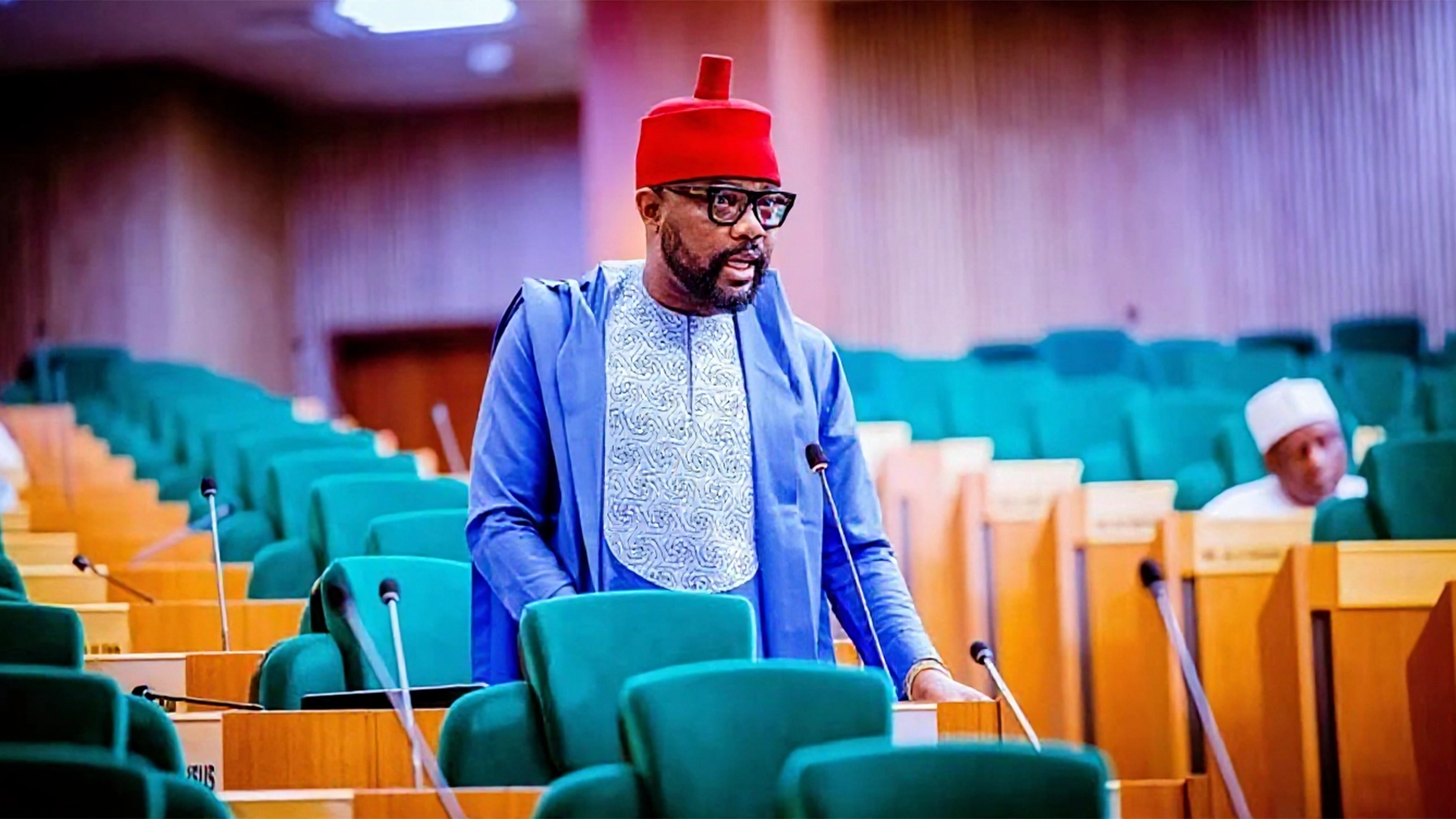
As Nigeria joins the rest of the world to celebrate this year’s International Day of the Girl-Child, the United Nations Children’s Fund (UNICEF) has solicited support and increased attention for girls to actualise their goals and unlock their potentials.
Chief of UNICEF Field Office for South-West, Celine Lafoucriere, in a message to commemorate event, lamented that many girls are being left behind, due to challenges that deprive them their rights, restrict their choices, and limit their future.
October 11 is a day set aside to celebrate girls and amplify their voices, actions, and leadership. The day also belongs to everyone who cares about girls and taking action to advocate for the full spectrum of girls’ rights.
Lafoucriere noted that this year’s theme, ‘Girls’ vision for the future,” is in tandem with the agency’s findings, which showed that girls are not only courageous in the face of challenges, but hopeful for the future.
“We see girls taking action every day to realise the vision of a world where all girls are protected, respected, and empowered,” she stated.
While soliciting support for the girl-child to enable her maximise her potentials, the UNICEF Chief noted that being a girl shouldn’t determine “what you can do, where you can go, or who you can become.”
“Sadly, that is the reality for millions of girls across the world. Too many are being left behind, confronted by extreme challenges that deny them their rights, restrict their choices, and limit their futures,” Lafoucriere lamented.
According to her, one in five young women aged between 20 and 24 were married as children, while nearly one in four married adolescent girls have experienced sexual or physical abuse.
Besides, she disclosed that globally, 75 per cent of new HIV infections among adolescents occur in girls, one in three adolescent girls suffer from anemia, which is a form of malnutrition, while almost double the number of adolescent girls (one in four) compared to boys, are not in any form of education, employment, or training.
While expressing confidence that the desired change is possible, Lafoucriere said girls alone cannot bring about the desired change, hence need allies, who will assist in building a future in which every girl’s rights are protected.
With the right support, resources, and opportunities, Lafoucriere noted that girls can actualise their dreams and goals, and invariably, moving closer to achieving global goals.






